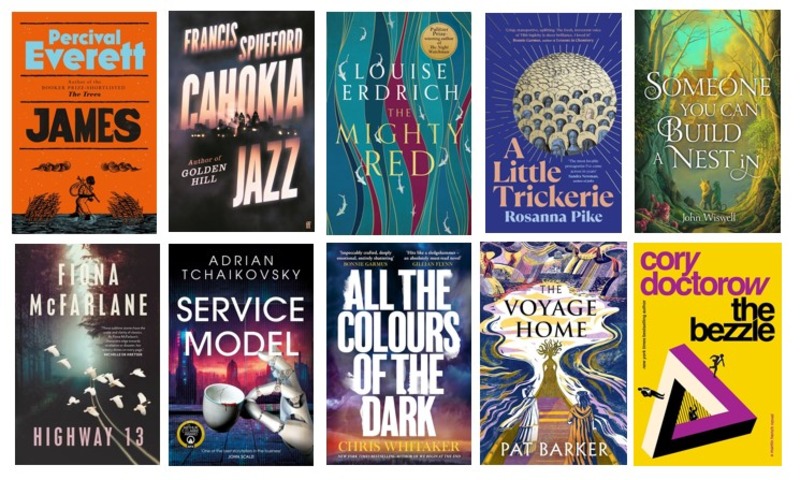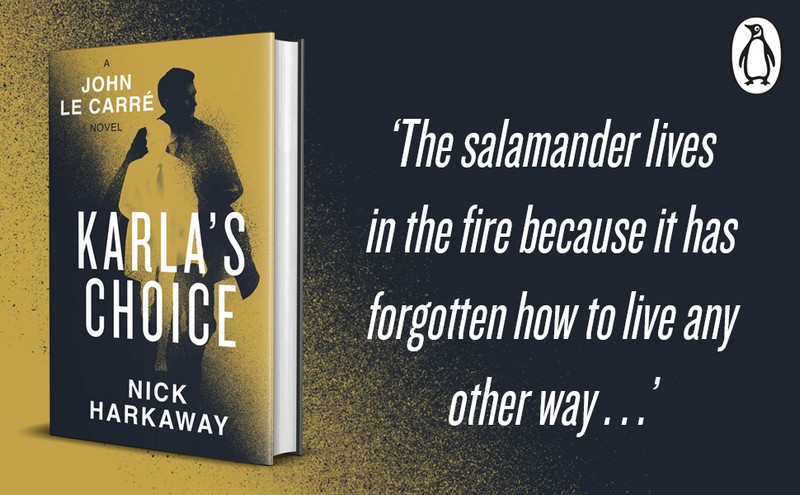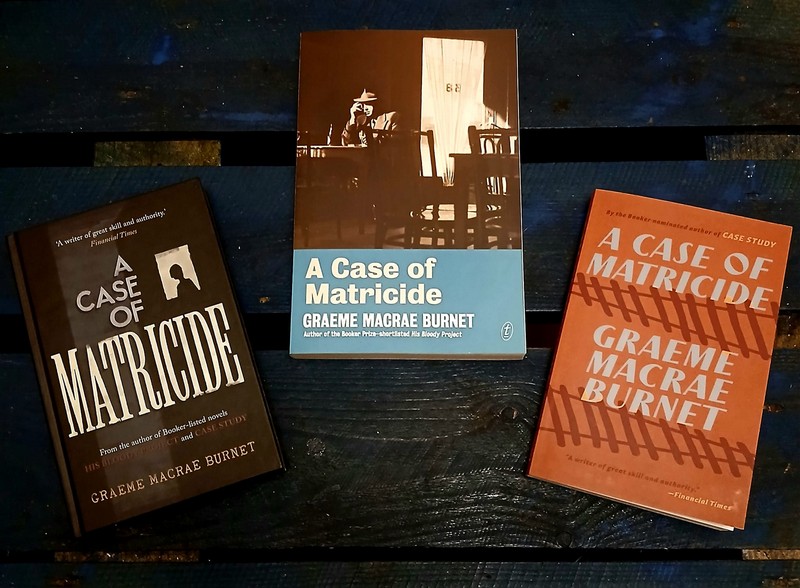 Warlords of Wyrdwood is the second book in RJ Barker’s Forsaken trilogy. It does what all good middle books do: broadens out the world that readers were given hints of in book 1 – Gods of the Wyrdwood – deepens and complicates the relationships between the main characters and antagonists and sets everything up for an epic finale. Being the second book of a trilogy this review may contain some minor spoilers for the first book. Lovers of big, epic fantasy should start there.
Warlords of Wyrdwood is the second book in RJ Barker’s Forsaken trilogy. It does what all good middle books do: broadens out the world that readers were given hints of in book 1 – Gods of the Wyrdwood – deepens and complicates the relationships between the main characters and antagonists and sets everything up for an epic finale. Being the second book of a trilogy this review may contain some minor spoilers for the first book. Lovers of big, epic fantasy should start there.
Warlords of Wyrdwood begins soon after the end of the previous book. The people of the village of Harn have been driven from the home that they tried valiantly to protect. Their saviour, Cahan, is now leading them into the forest and ultimately into the Wyrdwood, trying to teach them how to be safe along the way.
As they travel, the people are protected by the mercurial Forestals who keep secrets of their own. But on their tail in the only survivor of the attack on Harn, Sorha, a woman with a grudge to bear against Cahan. Meanwhile, on the other side of the world, a soldier called Dassit is being sent on a suicide mission but decides not to be a victim, and the evil Saradis is plotting the return of her destructive god Zorir.
That is just the set up for a book that digs deep into the lore of the world that Barker has created and is full of action, betrayal and reverses. While Cahan was the centre of the first book, in Warlords of Wyrdwood the mix of points of view seem much more evenly spread. This is a reflection of the breadth of the action, and the range of places that Barker needs characters to be. But is also a relief as Cahan begins the novel by taking a dark path and becomes more exasperating in his recalcitrance as he is faced with greater and greater trials.
This is very much the middle book of a trilogy. Barker does give a short summary to bring readers up to speed (it has been a year since the first volume) but expects that readers are familiar with the terminology and the various factions and just need a few reminders of where the action is up to. But because there is less set up to accommodate, this volume has plenty more action and more revelations.
Among all of this, Barker never loses sight of his characters and their relationships, mixing and matching them to great effect. And he leaves the whole enterprise with a downbeat, potentially world ending cliffhanger which cannot help but bring readers back for the finale.
Robert Goodman
For more of Robert’s reviews, visit his blog Pile By the Bed
Other reviews you might enjoy:
- Wolves of Winter (Dan Jones) – book review
- He Who Drowned the World (Shelley Parker-Chan)
- Essex Dogs (Dan Jones) – book review

Robert Goodman is a book reviewer, former Ned Kelly Awards judge and institutionalised public servant based in Sydney. This and over 450 more book reviews can be found on his website Pile By the Bed.



